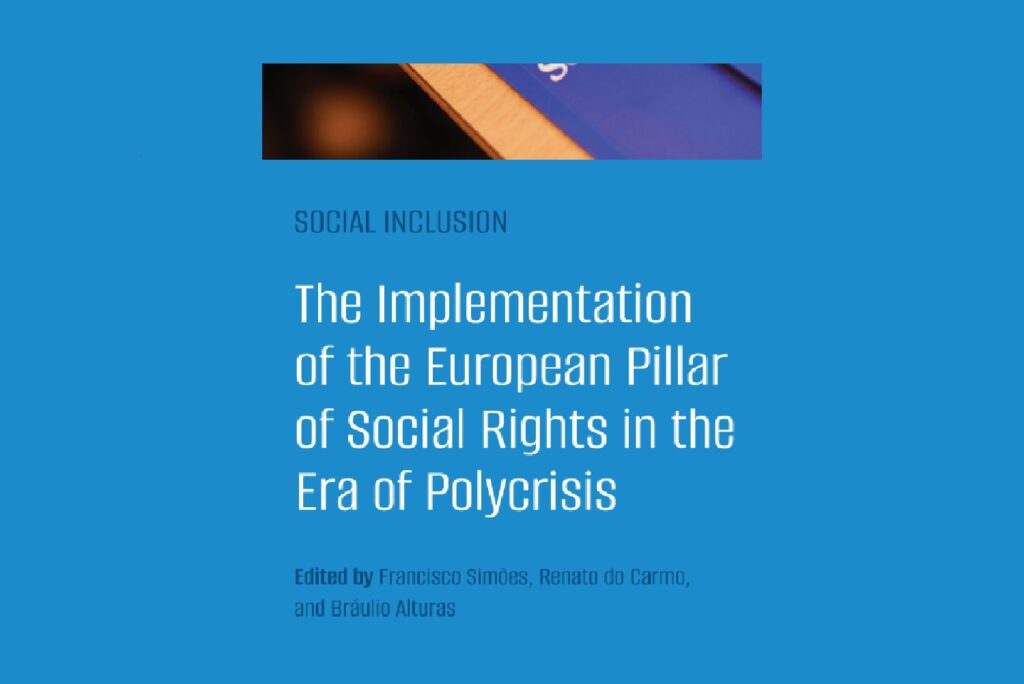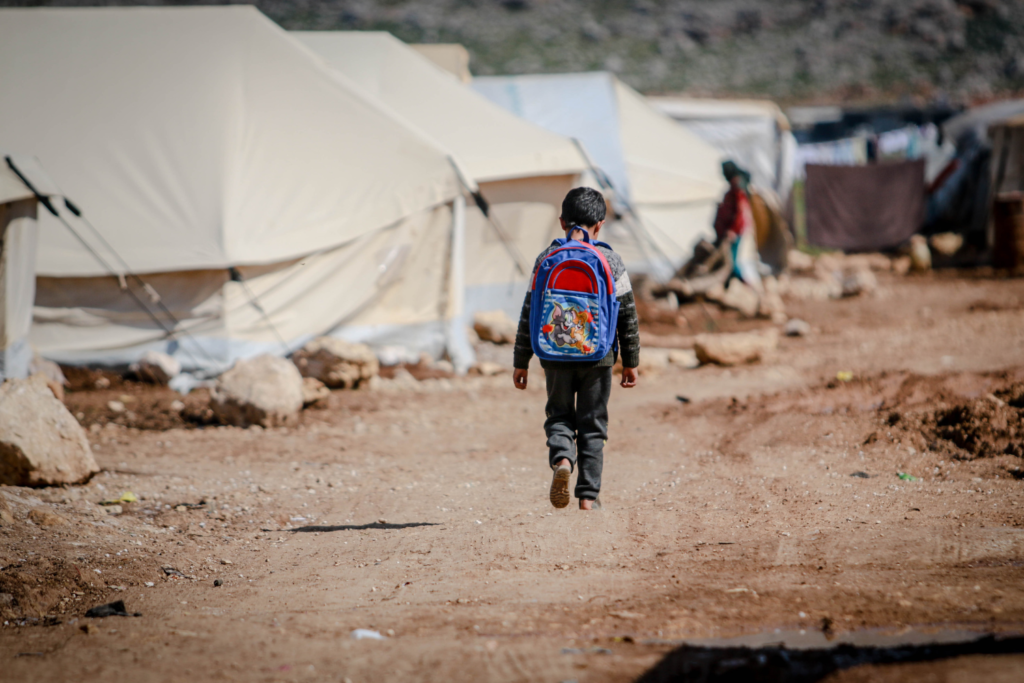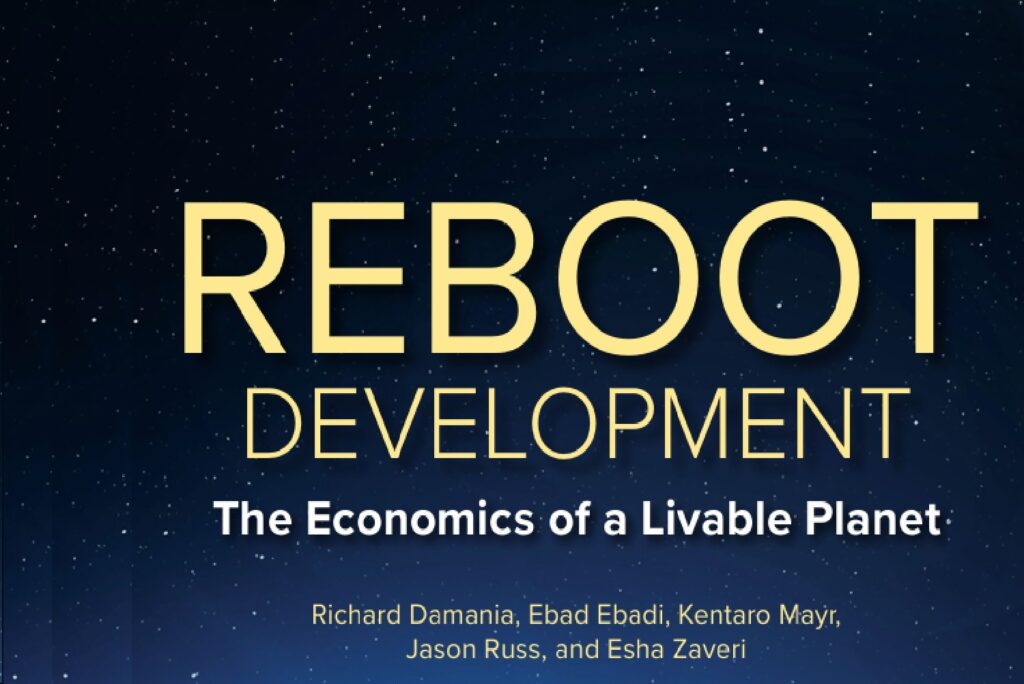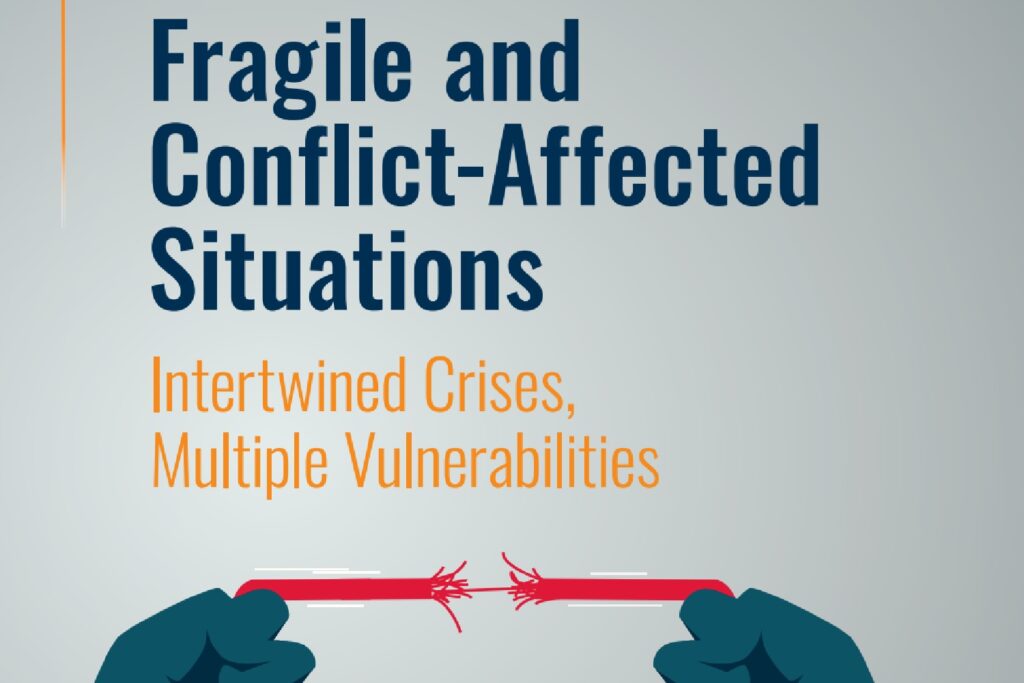World Energy Outlook 2025
The 2025 edition of the World Energy Outlook (WEO) is published amid major shifts in global energy policies, volatile markets, and heightened geopolitical tensions. Governments are adopting divergent strategies to address energy security, affordability, and sustainability. A central theme in this year’s report is the security of supply for critical minerals, which are essential for […]
World Energy Outlook 2025 Read More »










